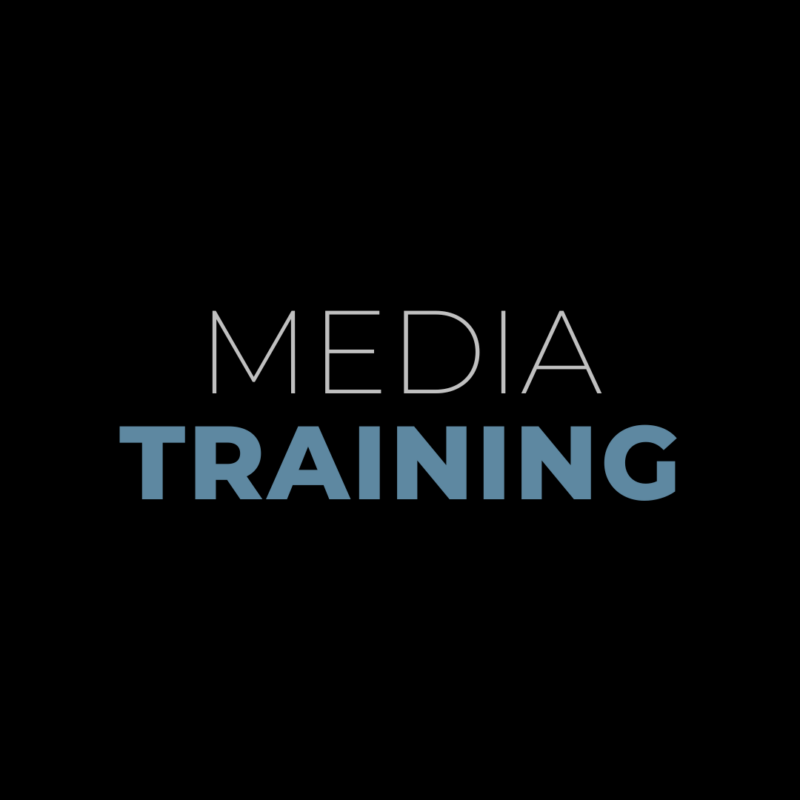No Interview, No Comment
A media interview is an important opportunity to express your opinion, state the facts or just let your brand’s voice be heard among the noise of social media and conversational chatter. I read an article by Brad Phillips on PRDaily titled “7 times to turn down a media interview” that I thought was worth including as the subject for my post for this month.
Phillips agrees that in most circumstances this is true. Yet, if a story is going to be published whether or not you agree to an interview, it may be best to participate in an effort to ensure the correct information is included.
Employee, client or patient privacy will be breached.
According to Phillips, “Client confidentiality might be waived if, for example, you’re subpoenaed to testify in a lawsuit or before Congress—especially if the two parties didn’t sign a confidentiality agreement.”
An emergency occurred, and next of kin haven’t been notified.
Rarely is this ok, but Phillips begs the point what if the media jump and announce the name before you have been able to reach out to the next of kin? Do you wait hours and hours to get ahold of the family or make the confirmation announcement in an effort to stay transparent about the details that have already been confirmed?
Sensitive competitive information would be divulged.
Weigh the consequences of you not divulging competitive information. Would that put you in a worse situation? Sometimes it does.
This is fair advice on laws that have already passed and not ones still pending approval.
Union negotiations are underway, and an information blackout is in effect.
Phillips brings up the point to at least consider the opportunity to remind the public you’ve agreed to an information blackout and are not going to talk for that reason, but there’s more to the story than what the other side is saying.
Legal counsel advised against communications.
What is wrong with saying, “We can’t offer specifics on this case since it’s in litigation, but we would like to remind everyone that there are two sides to this story; and we’re confident our side will come out in court,” Phillips asks. And, he makes a good point. Of course, you should take time to prepare your answers so that you do not compromise information in pending litigations.
It is important to take advantage of a platform to communicate your message to a large audience, and media interviews are great opportunities to do so. Yet, that doesn’t mean they are the right choice in every situation. Always weigh both sides of the equation, but more times than not, it will behoove you to participate in some capacity. Plan ahead for tough questions and be honest and ethical with your answers. Remember that silence can be just as damaging to your reputation as too much noise.


